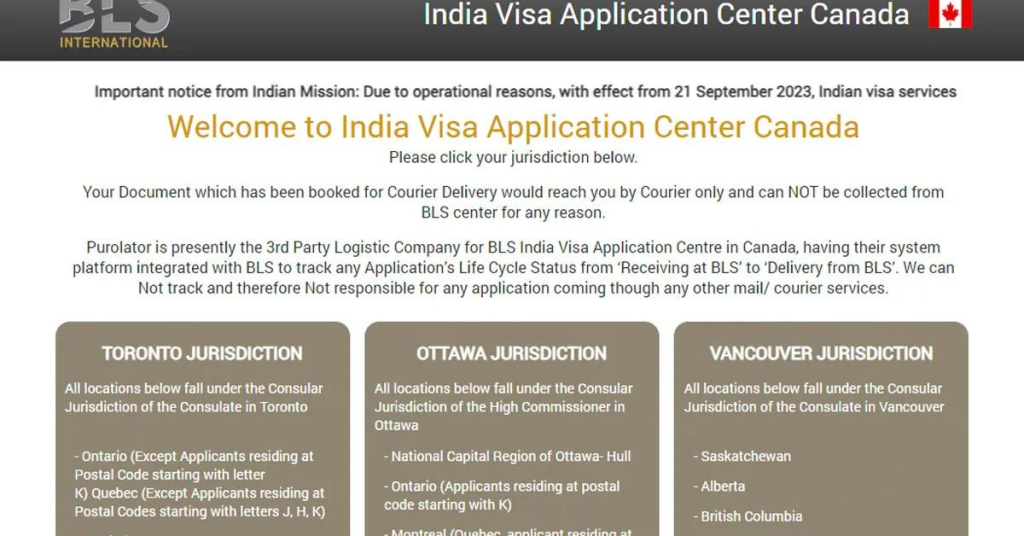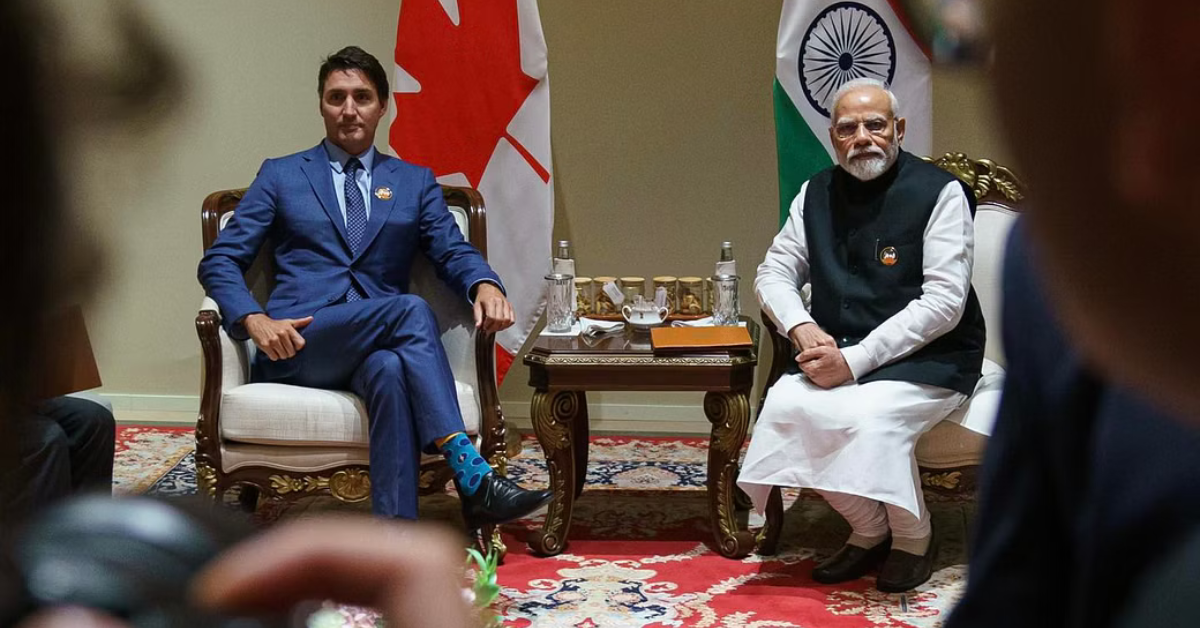India Suspends Visa Services for Canadians Amidst Growing Tensions
India Suspends Visa Services for Canadians in a surprising turn of events, citing “operational reasons” as the cause. This move comes amidst an escalating diplomatic row between the two countries, triggered by allegations made by Ottawa that agents of the Indian government were involved in the murder of Hardeep Singh Nijjar, a prominent pro-Khalistan Sikh terrorist.
The Indian government, vehemently denying any involvement in Nijjar’s death, has labeled these allegations as “absurd” and “motivated.” However, it remains unclear whether the suspension of visas is directly linked to this ongoing dispute.
Tensions between India and Canada had been simmering prior to this latest development. Prime Minister Narendra Modi’s recent conversation with Canada’s Justin Trudeau during the G20 Summit in Delhi saw India expressing “strong concerns about continuing anti-India activities” in Canada.

The situation escalated when, several months after Nijjar’s assassination, Prime Minister Trudeau publicly stated that Canadian security agencies had information suggesting that “agents of the Indian government” were responsible for the murder of the Canadian citizen. India swiftly rejected these allegations and emphasized its concerns regarding Canadian political figures openly sympathizing with such elements.
The Indian government pointed out that these unsubstantiated allegations divert attention from the presence of Khalistani terrorists and extremists who have found refuge in Canada, posing a continuous threat to India’s sovereignty and territorial integrity.
India Suspends Visa Services for Canadians: A Complex Diplomatic Dispute Unfolds
As tensions mounted, both nations took diplomatic measures. Canada expelled a senior official from the Research and Analysis Wing, India’s intelligence agency, citing “interference in internal matters and involvement in anti-India activities.” In retaliation, India expelled a diplomat accused of similar actions.
Additionally, travel advisories were exchanged. Canada updated its travel advisory for India, echoing the United States’ warning regarding Jammu and Kashmir and the northeast. It specifically cautioned against “violent clashes between militants and security forces” in the former and “ethnic tensions” leading to “conflict and civil unrest” in the latter.
In response, India advised its citizens in Canada to exercise “utmost caution” due to anti-India activities and “politically-condoned” hate crimes.
Hardeep Singh Nijjar, the central figure in this controversy, was assassinated outside a gurdwara in Canada’s British Columbia in June. Hailing from Punjab’s Jalandhar, he was the chief of the banned Khalistan Tiger Force and one of India’s most-wanted terrorists, with a ₹10 lakh cash reward offered for his capture or information leading to his arrest.
Nijjar was also accused in a 2007 bombing case in Punjab and was believed to have ties to recent attacks on Indian diplomatic missions in the United Kingdom, United States, and Canada.
As this diplomatic dispute unfolds, the international community watches closely, hoping for a peaceful resolution to the tensions between India and Canada.

